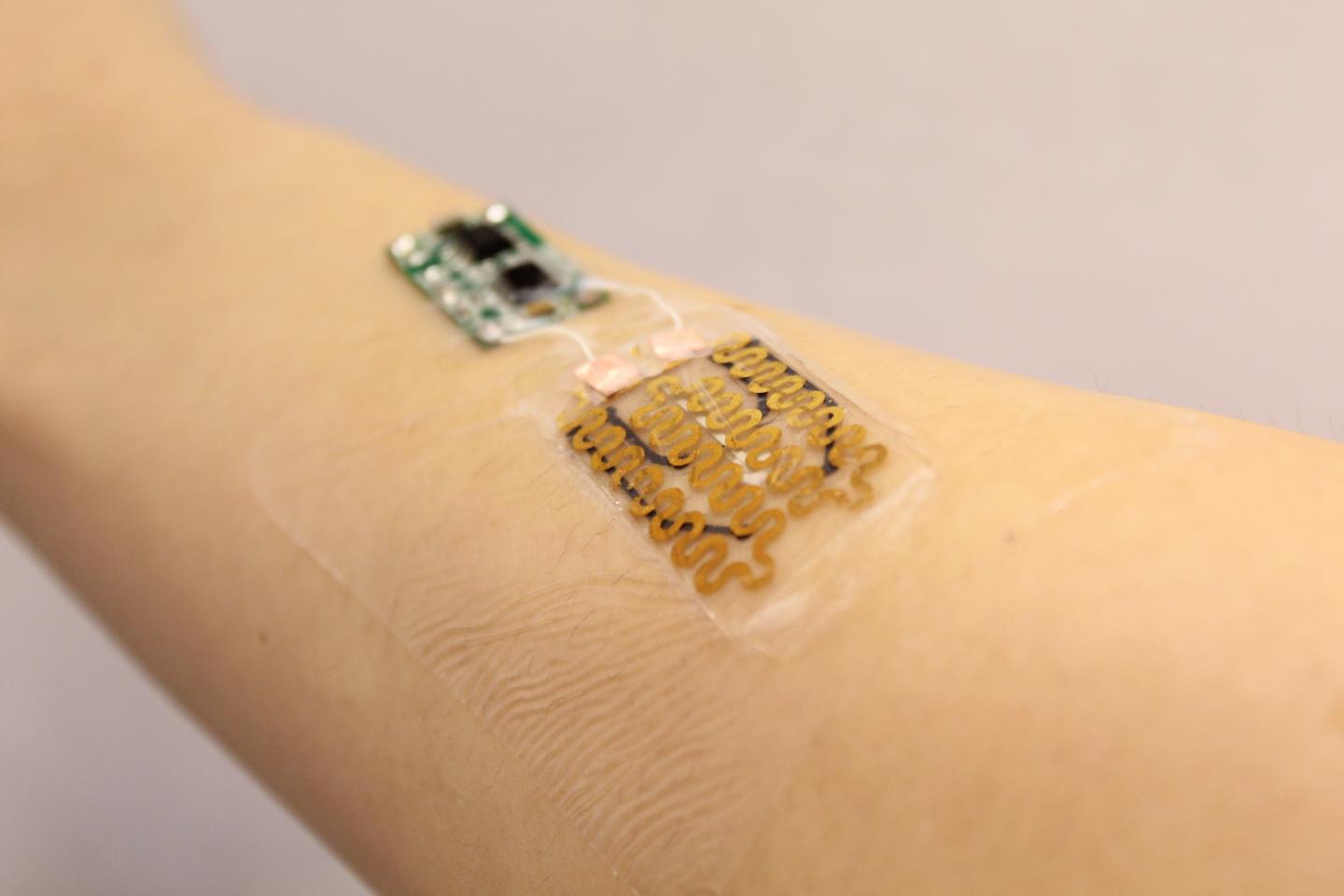
A “smart bandage” prototype developed by researchers at Tufts University aims to monitor chronic wounds and administer treatments that aid the healing process has proven effective in lab testing.
The smart bandage was designed to actively treat skin wounds resulting from burns, diabetes and other medical conditions using heating elements and thermoresponsive drug carriers to administer custom treatments based on temperature and pH sensors that track infection and inflammation.
“We’ve been able to take a new approach to bandages because of the emergence of flexible electronics,” said Sameer Sonkusale, professor of electrical and computer engineering at Tufts University’s School of Engineering and corresponding co-author for the study. “In fact, flexible electronics have made many wearable medical devices possible, but bandages have changed little since the beginnings of medicine. We are simply applying modern technology to an ancient art in the hopes of improving outcomes for an intractable problem.”
About 15 percent of Medicare beneficiaries are treated for chronic skin wounds and infection, resulting in annual costs of about $28 billion. Using a microprocessor that reads data from sensors and administers on-demand treatments, smart bandages hold promise to improve treatment, researchers contend.
“The smart bandage we created, with pH and temperature sensors and antibiotic drug delivery, is really a prototype for a wide range of possibilities,” Sonkusale said. “One can imagine embedding other sensing components, drugs, and growth factors that treat different conditions in response to different healing markers.”




